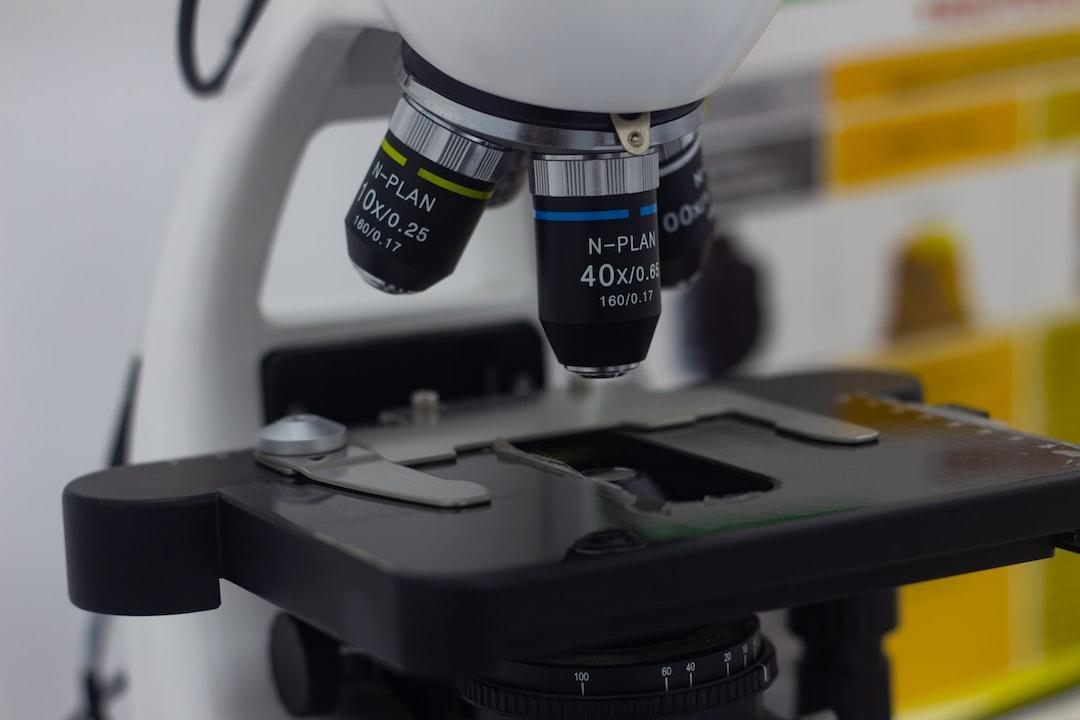Blockchain Startup Humanity Protocol Rises as a Unicorn
With the rapid development of artificial intelligence (AI) and deepfake technology in recent years, the authenticity and verification of online identities have become a global challenge. Against this backdrop, a blockchain startup called Humanity Protocol has quickly emerged as a unicorn in less than a year and is challenging the status of worldcoin projects.
Founded at the end of last year, Humanity Protocol is led by founder Terence Kwok and has developed an identity verification system using blockchain technology that confirms individual identities through scanning users’ palm prints. The company recently announced that it has successfully raised $30 million, with a valuation of $1 billion, making it a focal point in the industry.
After receiving a $1.5 million investment from angel investors and key opinion leaders in early March, Humanity Protocol’s seed funding was led by Kingsway Capital, with other investors including Animoca Brands, Blockchain.com, and Shima Capital.
With the new funds, Humanity Protocol plans to expand its team of over 20 people and establish more partnerships. Kwok emphasizes that there is an increasing number of platforms that require user identity verification, making the concept of identity more important than ever.
Further reading:
Worldcoin offers “universal basic income”! What is the post-AI era envisioned by the creator of ChatGPT? The answer lies in a silver sphere.
Palm recognition technology solves identity recognition issues
In an era dominated by deepfakes and fake news, the credibility of online identities has become increasingly serious. Humanity Protocol aims to provide a secure and convenient solution through palm recognition technology. By scanning palms and utilizing a consensus mechanism called “human proof” in a decentralized system, the platform verifies users’ identities.
This technology can be applied not only to Know Your Customer (KYC) verification in the financial industry but also to various everyday scenarios such as hotel check-ins and office access.
Humanity Protocol plans to launch a test network in the second quarter, with approximately 500,000 candidates on the waiting list. The company will subsequently release an application that allows users to scan their palm prints using their phone cameras to verify their personal identities. Additionally, a small infrared camera connected to the phone will be used to detect users’ palm veins, creating a second layer of security protection.
Due to the uniqueness of each person’s palm veins, which have numerous and wider blood vessels compared to ordinary finger veins, palm recognition offers higher accuracy and security, making it faster and easier to identify personal identity information.
In the future, Humanity Protocol also plans to release an unnamed cryptocurrency that can be used to pay verification fees.
Worldcoin, co-founded by Sam Altman, also aims to address similar issues by scanning users’ irises using dedicated iris scanning tools. This has piqued the interest of privacy regulatory bodies in countries including France, the United Kingdom, and Kenya. However, due to concerns over data privacy and security, many users have reservations, and the project faces regulatory challenges in many countries.
Kwok states that the use of biometric data has matured in recent years, citing Apple’s FaceID feature on iPhones. Compared to facial and iris recognition, Humanity Protocol’s palm recognition system is less invasive, which is expected to increase user acceptance.
In an era of advancing artificial intelligence, securing online identities has become one of the most important challenges. Humanity Protocol not only enhances the security of online activities but also meets users’ expectations for privacy and security. With more funds and resources being invested, this startup can be expected to lead the digital identity verification wave globally.
References:
Bloomberg, coindesk

